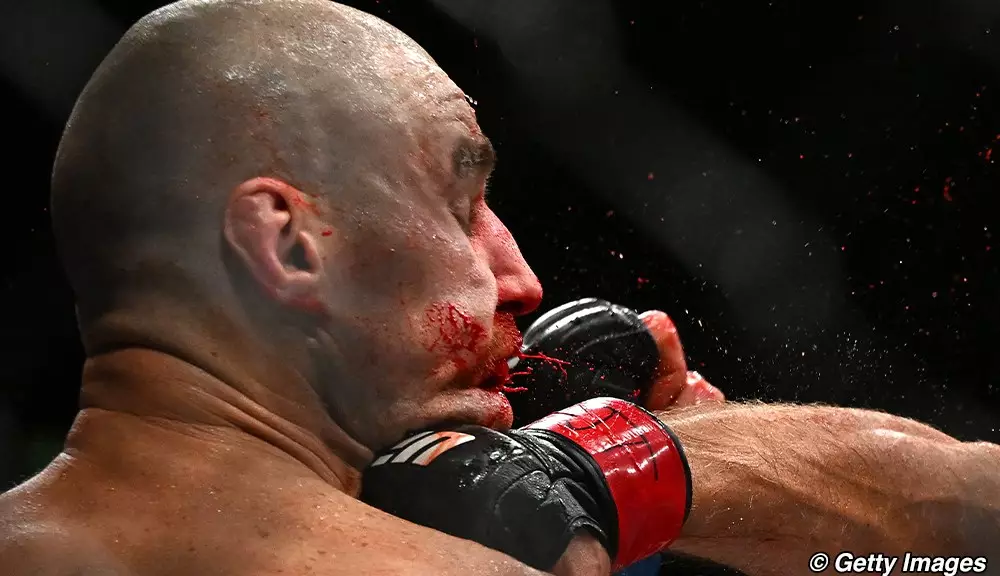The UFC 312 main event has sparked a fierce debate among fans and analysts alike. Middleweight champion Dricus Du Plessis successfully defended his title against Sean Strickland at the Qudos Bank Arena in Sydney, marking a significant milestone in both of their careers. While Du Plessis celebrated his victory, Strickland grappled not only with the disappointment of defeat but also with the heavy backlash regarding his performance. This post-fight critique raises important questions about expectations in professional fighting and how they are communicated before the bout.
Prior to the fight, Strickland boldly claimed he would compete “to the death,” setting the stage for a match filled with high stakes and even higher expectations. However, following the decision, many fans felt that he did not live up to this promise, igniting a wave of criticism directed at him. Jared Cannonier, a fellow middleweight and a previous opponent of Strickland, contests this viewpoint, asserting that the fight represented a commendable effort from both fighters. Cannonier emphasizes that both combatants engaged in a well-fought match, aligning with the essence of competitive fighting—survival and skill rather than purely seeking to inflict damage.
In combat sports, the physical toll taken during a match is often scrutinized, and in this case, Strickland’s broken nose was a focal point. Cannonier pointed out that the severity of Strickland’s injury did not diminish the merit of his performance; rather, it should be viewed as a testament to his resilience and competitiveness. Strickland managed to fight through the pain, demonstrating grit and determination even as criticism rained down post-fight. Fans often overlook the challenges fighters face beyond mere statistics and scores, and acknowledging the broader context streamlines the analysis of their performances.
Fan expectations play a pivotal role in shaping perceptions about a fight’s outcome and the fighters involved. When a fighter makes confident predictions, it raises the bar for performance, sometimes unjustly. The pressure to meet these expectations can cloud the realities of competition, where countless variables—from fight strategy to physical well-being—impact the outcome. Cannonier’s perspective urges fans to appreciate the complexities of mixed martial arts beyond the simplistic notion of winners and losers.
While criticism of Sean Strickland may stem from unmet pre-fight declarations, it is essential to analyze the fight’s context more thoughtfully. Jared Cannonier’s defense of Strickland highlights the necessity of recognizing the multifaceted nature of martial arts competition. As the UFC continues to evolve, appreciating these subtleties will foster a more nuanced understanding of the sport and support for its athletes. Ultimately, the legacy of UFC 312 should celebrate the heart and skill both fighters demonstrated, rather than solely focusing on the aftermath of expectations unfulfilled.

